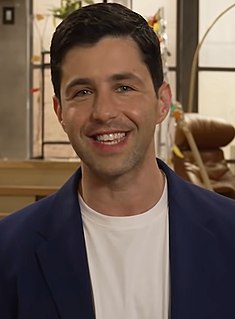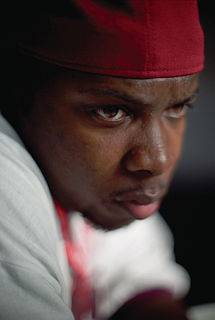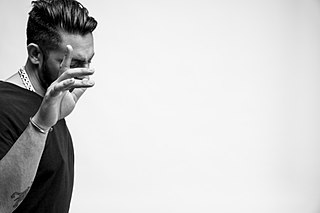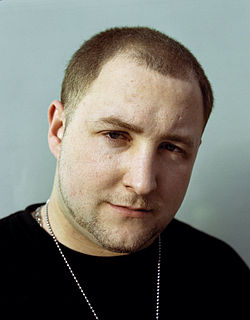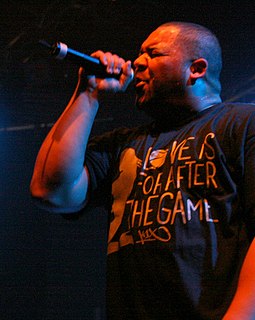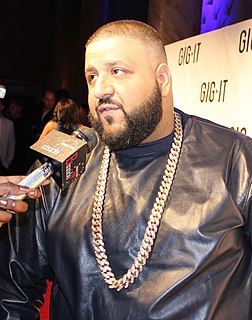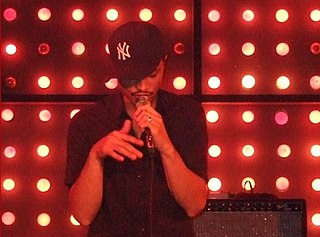A Quote by Josh Peck
I had to battle it out with all the usual suspects and whatnot and go to the callback. I was lucky that (writer-director) John (Levine) and I were sort of these two white-boy hip-hop-heads from New York. I think that alone got me in the door.
Related Quotes
I'm a small-time white kid trying to represent hip-hop. If a hip-hop artist comes up and beats me in a battle, who did they beat? A small-town white kid who ain't never been an MC, who ain't never done nothing. Now if an MC comes to battle and they get beat by a small-town white boy, that's MC suicide.
You have a lot of educating to do hip-hop wise in Europe. When you tour, when you go out there, most of the people that come see you at the venue listen to a lot of different kinds of music, not only hip-hop; they're not heads. From time to time you're going to do a little concert in front of three or four hundred people that are only hip-hop heads and they're going to understand and know all about the gimmicks and the swagger but the rest of the people are just regular European people that listen to pop [or] rock & roll.
Even though hip-hop started as a battle format, different artists appeared on each other's records or hung out in the same clubs, supporting each other. That was a profound influence. Also, hip-hop, to me, represents limitless possibility. Hip-hop is always evolving. People say, "Oh, it's a very commercial thing, it's too R&B." But in six months, a record is gonna come out that will completely change that.
I started DJing soundclashes. I used to go to Jamaica a lot. I was like a hip-hop sound boy, where I took the dancehall culture and mixed it up with the hip-hop as well. I kept going, going, and I got real hot in the streets of Miami - you know, doing pirate radio - then ended up doing 99 Jamz, the big station out there.
Hip-hop ain't died because of the South, that's retarded. When I named the album originally, I thought I bit off more than I could chew but you'd be an idiot to think I'm talking about how the South killed hip-hop or how New York isn't where it should be or where it once was. It was like, "Damn, I need to explain this?" But I thought, "Nah, the proof is right there. We should know what it is." I expect the hip-hop audience to be avant garde. I want them to be where I'm at or beyond where I'm at.
